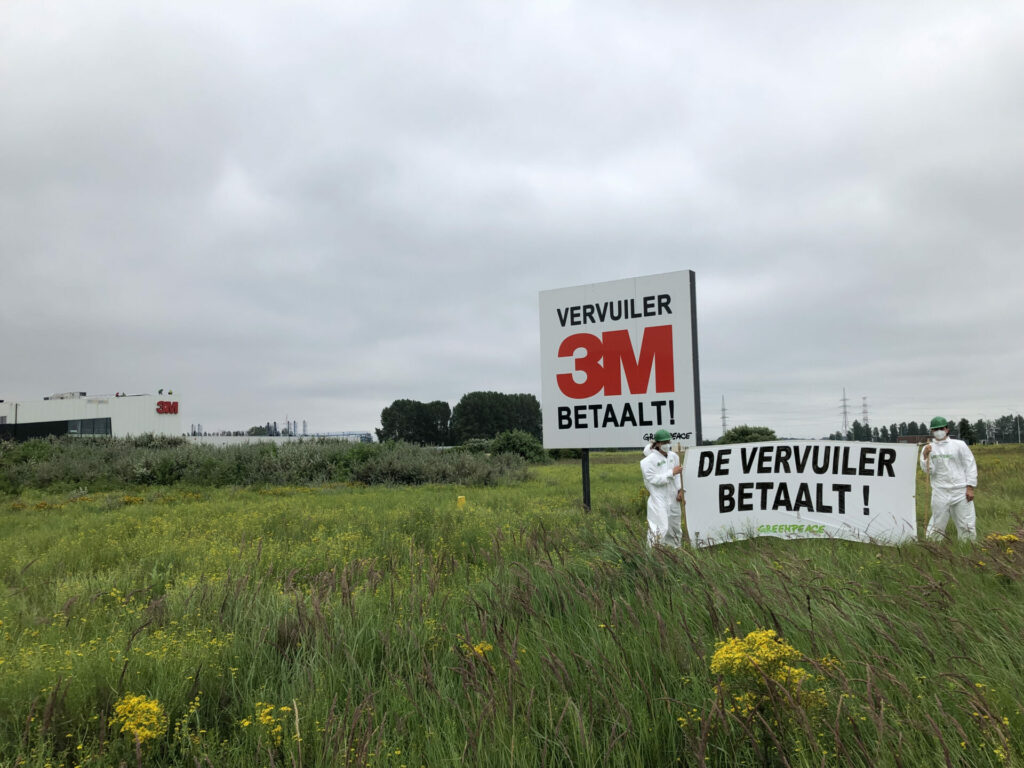American conglomerate 3M will pay €250 million towards the clean-up of Perfluorooctane Sulfonic Acid (PFOS) contamination around its Zwijnrecht manufacturing plant, with an extra €100 million of compensation going towards the government.
But ultimately, the taxpayer will foot part of this bill, with De Standaard reporting that these payments will be classified as tax-deductible expenses by the Federal Government.
In total, 3M has set aside €571 million towards the cost of cleaning-up pollution at the Zwijndrecht site. PFOS pollution is a chemical hazardous to human health. Until 2002, the factory produced the harmful chemicals and high concentrations of the chemical were first recorded in 2018 during excavation works near the site.
In 2021, reports showed that pollutants from the 3M site had entered into the air, soil, and into the food eaten by locals living near the site. Reports show that the Flemish government had known about this contamination since 2017, but kept the information secret.
To remediate the site, 3M will need to clean-up the soil in residential areas surrounding the site and work on ways to ensure that no pollution enters into the local environment.
Polluter pays?
Speaking to De Standaard, tax experts state that the costs of these works will be tax-deductible, as “costs that the company incurs to obtain or retain taxable income are deductible.” 3M will be able to deduct these costs from its taxable income for the coming year.
As corporate tax in Belgium is currently 25%, the taxpayer may ultimately absorb the burden of around a quarter of the total cost of the clean-up, or some €87.5 million. A decision which is already raising eyebrows in Flanders. Despite the company’s lack of transparency over pollution at the site, it is still ordinary taxpayers who are footing the bill.
Related News
It is standard practice for environmental clean-up costs to be tax-deductible, and Belgium’s tax laws side with 3M in this case. In a comment to De Standaard, FPS Finance confirmed that the expenses relate to “legal or regulatory obligations” and are classed as tax-deductible.
If 3M’s activities were shown to be illegal, then the company would lose the deductible status, but Michel Maus, professor of tax law at VUB, states that this is unlikely.
“A dispute only seems to make sense if the conditions have not been met, but I wouldn’t be under too many illusions about this. This is a large multinational, which will stand its ground and will not give in easily,” Maus said.
3M has yet to confirm whether it will deduct this expense, effectively shifting a quarter of the clean-up on to local residents.

